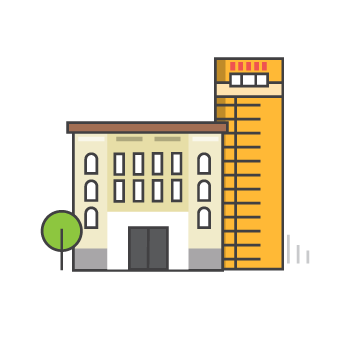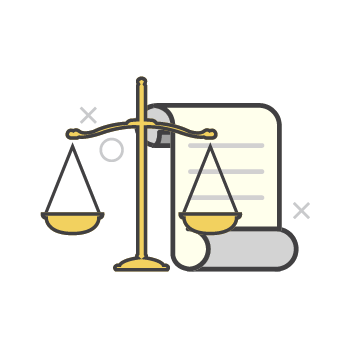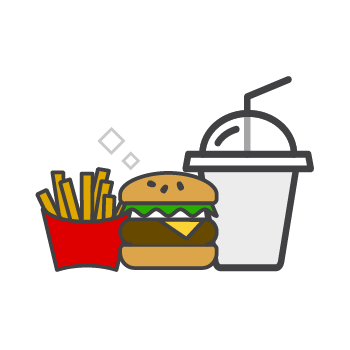Night-Time Routine According To Science
by Stephanie Koathes Jan 6, 2020
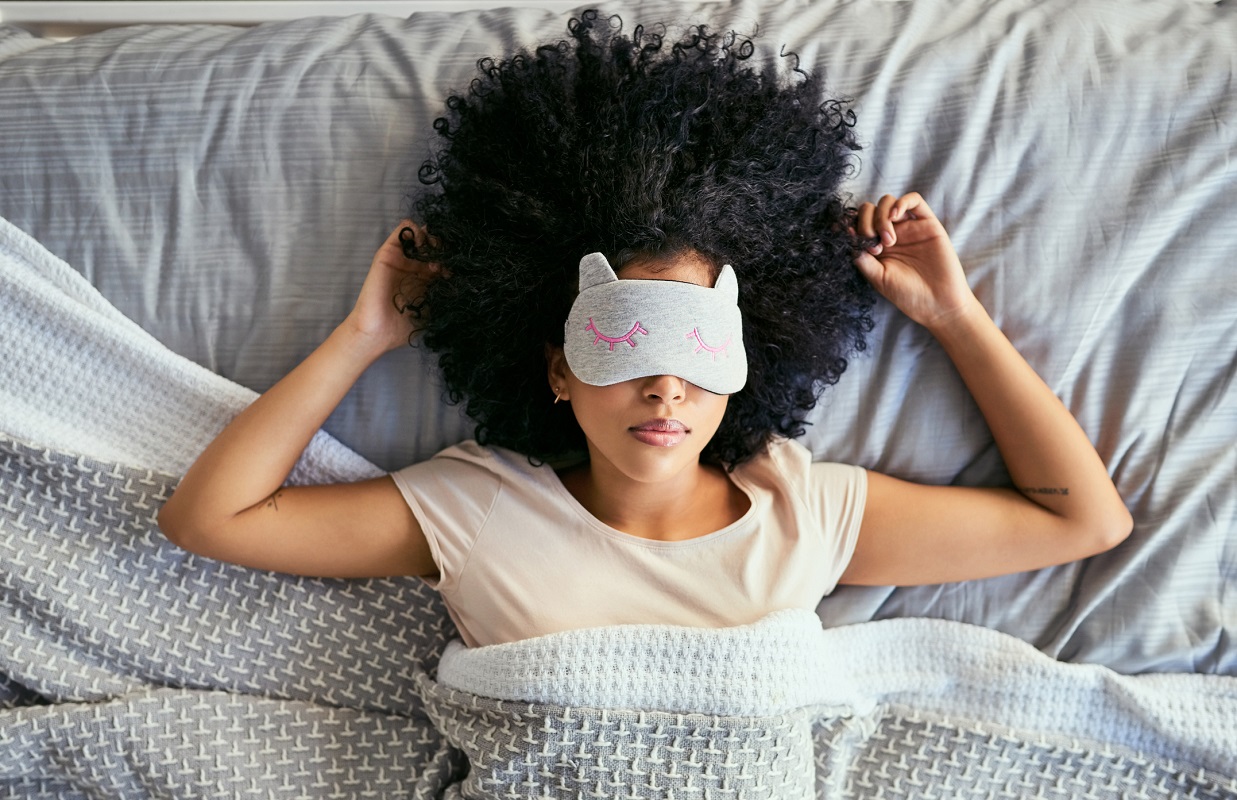
A good night’s sleep is invaluable.
Lack of sleep affects our mood, making us irritable; it affects our ability to concentrate, make decisions, and get things done.
Many of us seem to struggle with getting a good night’s rest, but a proper night-time routine can make a world of difference.
Here is a night-time routine full of do’s and don’t for better rest according to science.
Mid-afternoon
Be careful with your coffee intake
A good night’s sleep starts with good habits during the day. Consumption of coffee six hours before bed can impact the quality of your sleep even if you no longer feel as though it’s affecting you. Stop drinking coffee, other caffeine-heavy beverages, and energy drinks after 2pm. The best time to drink coffee is between 10am and midday when the body utilises the energy boost most effectively.

Watch your naps
Naps can be a great way to get some extra energy to push through your day. However, a nap can affect your ability to sleep at night if you take it too late in the day or sleep for too long. Keep naps short, no longer than 30 minutes, and don’t nap less than six hours ahead of when you plan to sleep.
Evening
Avoid alcohol
While alcohol can make you feel sleepy, it can also negatively impact your quality of sleep, and the adverse effects get worse the closer you drink to bedtime. According to a study published in the journal JMIR Mental Health, even low to moderate amounts of alcohol can reduce the restorative quality of sleep. So, avoid alcohol altogether, or keep consumption low and as far from bedtime as possible.
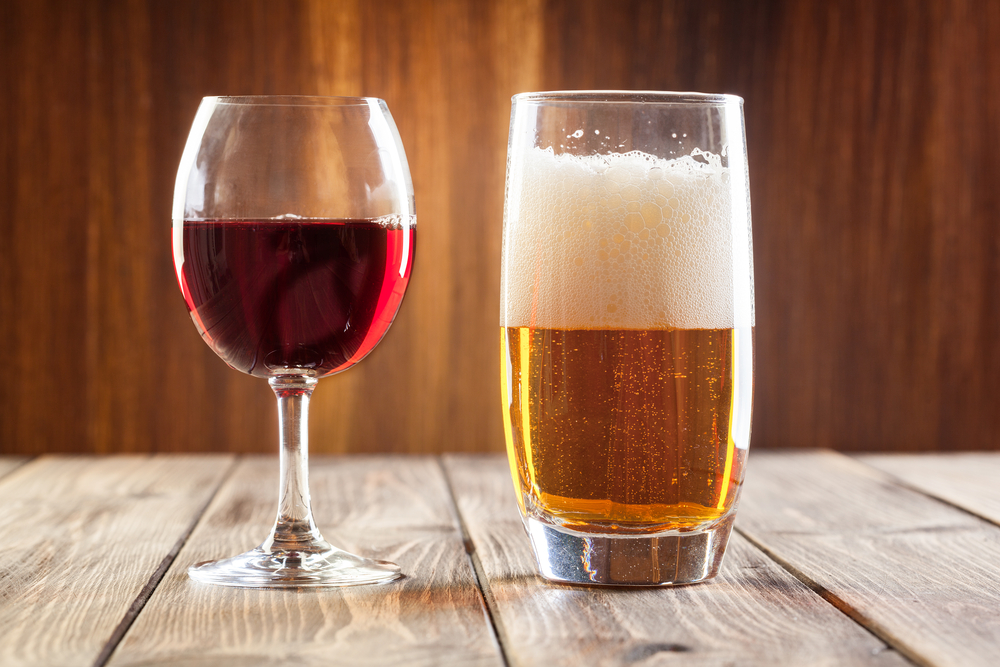
Have a warm shower
A drop in your core body temperature before bed increases your chances of falling asleep and getting good quality deep sleep. One of the ways you can trigger this drop in body temperature is to take a warm shower two or three hours before going to bed. A warm shower or bath increases your body temperature, and then it will fall before you hit the sheets.
Turn down the lights
Your body’s sleep rhythms are heavily influenced by light and dark. Bright artificial lights in the night can suppress the production of melatonin, the hormone that tells your body it’s time to sleep. Dim the lights in your house if you can or turn some of them off. Have a low-wattage lamp by the bed.
Right before bed
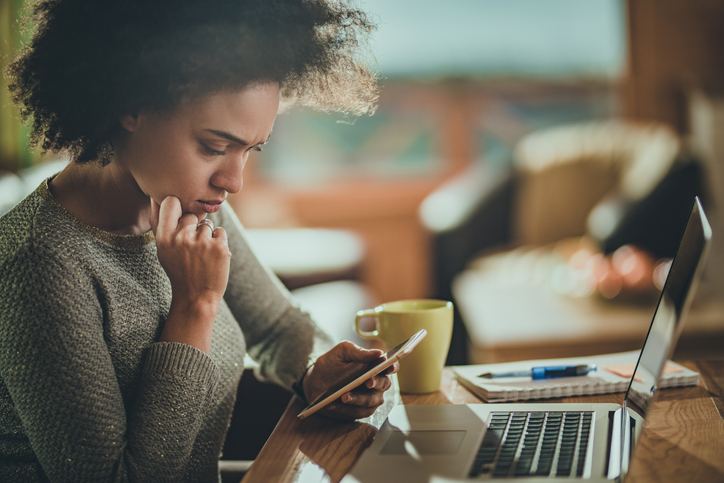
Put down your phone at least 30 minutes before bed
The blue light emitted by electronic devices such as phones and tablets has a tremendous impact on sleep. This light can suppress the sleep hormone melatonin, making it harder to fall asleep and stay
asleep. Even a few minutes of exposure to this light is enough to cause a disruption. Aim to put your phone away at least 30 minutes before going to sleep.
Get the temperature right
Temperature is a difficult thing for most of us in the Caribbean to control. However, most literature on the science of sleep indicates that a cool room equals better rest. This is because as you get sleepy, your body temperature naturally falls. Your body temperature reaches its lowest around 5am and rises as it gets later. A hot room can interfere with this dip in temperature, leaving you more restless during the night. Around 15 to 22 degrees Celsius seems to be ideal for most adults. So, if you’ve got an air conditioner, you can set the timer to turn off around when your body temperature would naturally rise.
Make the room dark
We’ve established that light has an impact on your ability to fall asleep. When you go to sleep, it’s important to make your room as dark as possible. Use room darkening curtains to block outside lights such as veranda lights or streetlamps. Check your room for light sources such as the glow of power buttons and make sure these are covered.
Sources: Independent, Sleep Advisor, Sleep Foundation, Sleep. Telegraph



